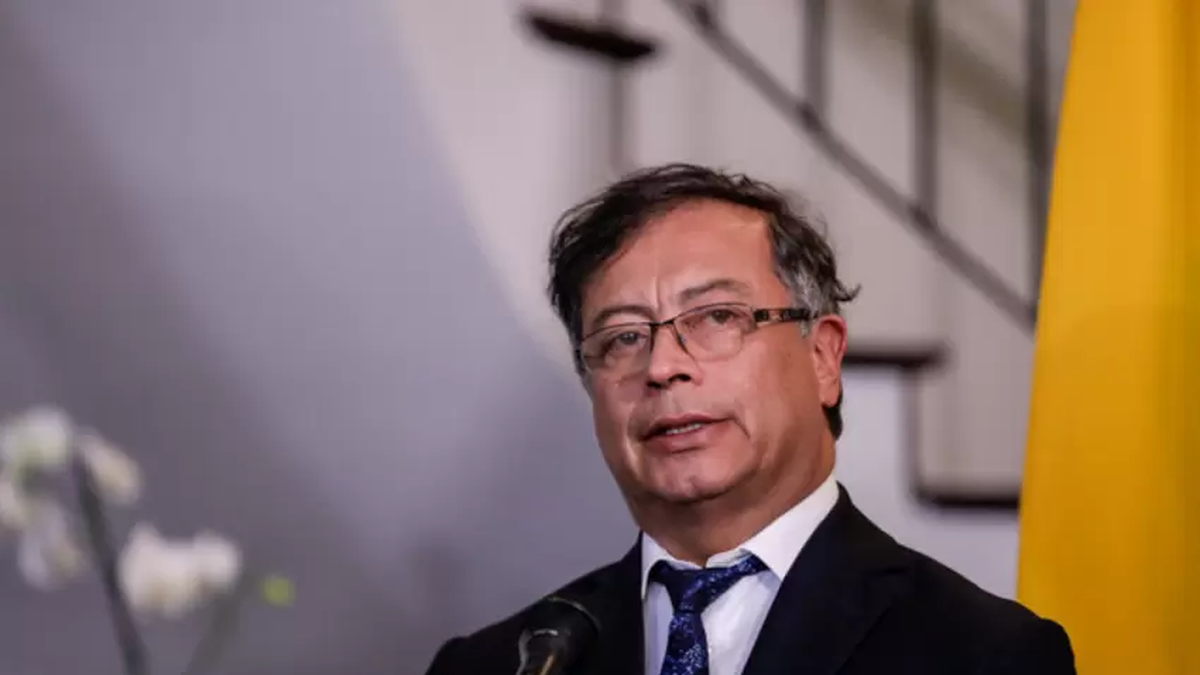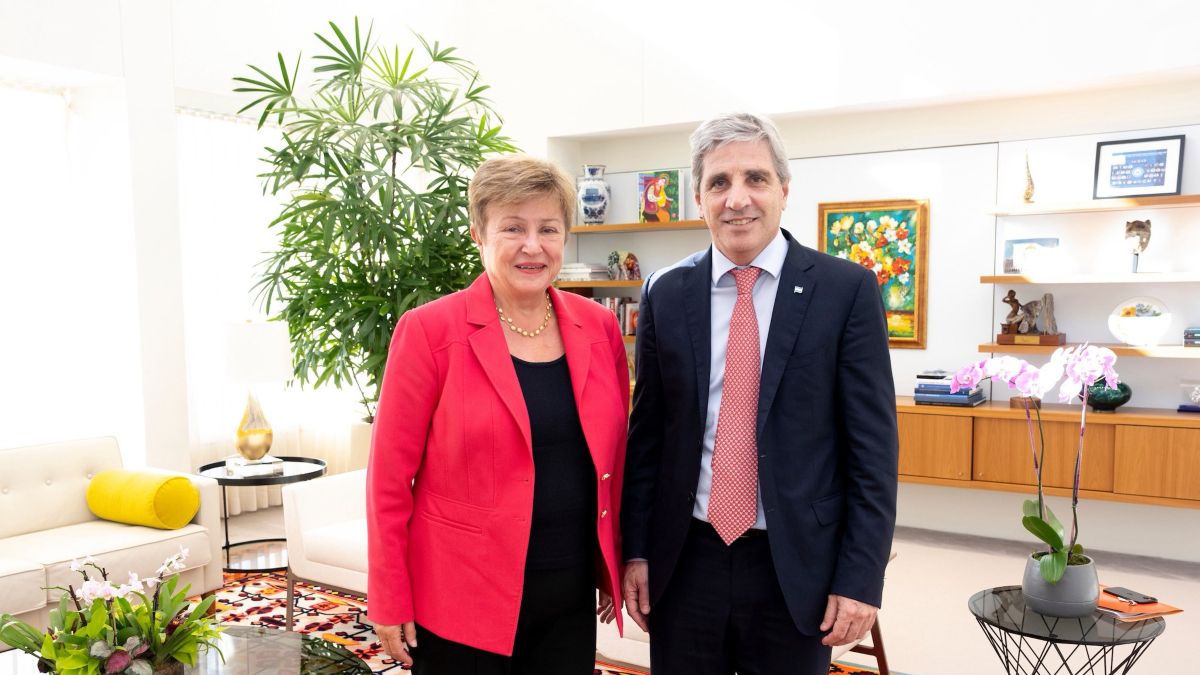Petro, who took office at the beginning of this month as the first leftist president in the history of Colombia, proposed a change in the strategy of the fight against drugs and a full peace policy to end a violent conflict of nearly six decades that has left at least 450,000 dead.
“Drug traffickers who do not negotiate with the State will be extradited, drug traffickers who negotiate with the State and reoffend, will be extradited without any type of negotiation to the United States,” he assured. “Drug trafficker who negotiates legal benefits with the State and definitively ceases to be a drug trafficker is not extradited“, he stressed.
Gustavo Petro, who questions the effectiveness of extradition, said that the proposal for a change in the United States’ anti-drug policy includes three other points that he refrained from disclosing.
Although the president did not detail the legal benefits, government sources assured that they contemplate reductions in penalties in exchange for the delation of routes and the delivery of goods.
Extradition, a questioned tool
Extradition has been one of the main tools that Colombia has to combat drug trafficking and the most feared by drug traffickers.
The figure was abolished in 1991 in an assembly that reformed the Constitution in the midst of a campaign of threats, assassinations and bomb attacks by drug traffickers. However, it was restored in 1997 with a reform approved by the Congress.
The director of the United States Office of National Drug Control Policy (ONDCP), Rahul Guptasaid Tuesday after a meeting with Gustavo Petro that the anti-drug policy of the president’s government Joe Biden it is holistic and shared responsibility.
Gupta assured on Wednesday night during a meeting with journalists that Colombia proposed to the United States delegation three other points related to drug policy, including the substitution of illicit crops, interdiction and the fight against money laundering.
Talks about ending extradition are currently just suggestions that need to be discussed, he said during the conference. Todd Robinson, Assistant Secretary of State for the United States Bureau of Counternarcotics and Law Enforcement Affairs.
“This is obviously something that the Justice Department will have to discuss with the (Colombian) Ministry of Justice and the State Department will have to discuss with the (Colombian) Foreign Ministry,” he said.
Negotiations with the guerrillas and criminal gangs, key
Colombia, considered the world’s leading producer of cocainehas faced pressure from the United States in recent years to reduce coca cultivation and cocaine production.
The new government of Gustavo Petro advances in contacts with various armed groups that include the criminal gang Gulf Clan and dissidents of the former guerrilla of the FARC who rejected the 2016 peace agreement or who did not sign it, as well as the National Liberation Army (ELN).
The president revealed that in two weeks he received communications from different groups announcing their disposition for peace. “Undoubtedly, we must move on to actions that should mean that if you want peace, you stop killing,” he added.
All the illegal armed groups are involved in drug trafficking, according to security sources.
Source: Ambito
David William is a talented author who has made a name for himself in the world of writing. He is a professional author who writes on a wide range of topics, from general interest to opinion news. David is currently working as a writer at 24 hours worlds where he brings his unique perspective and in-depth research to his articles, making them both informative and engaging.




